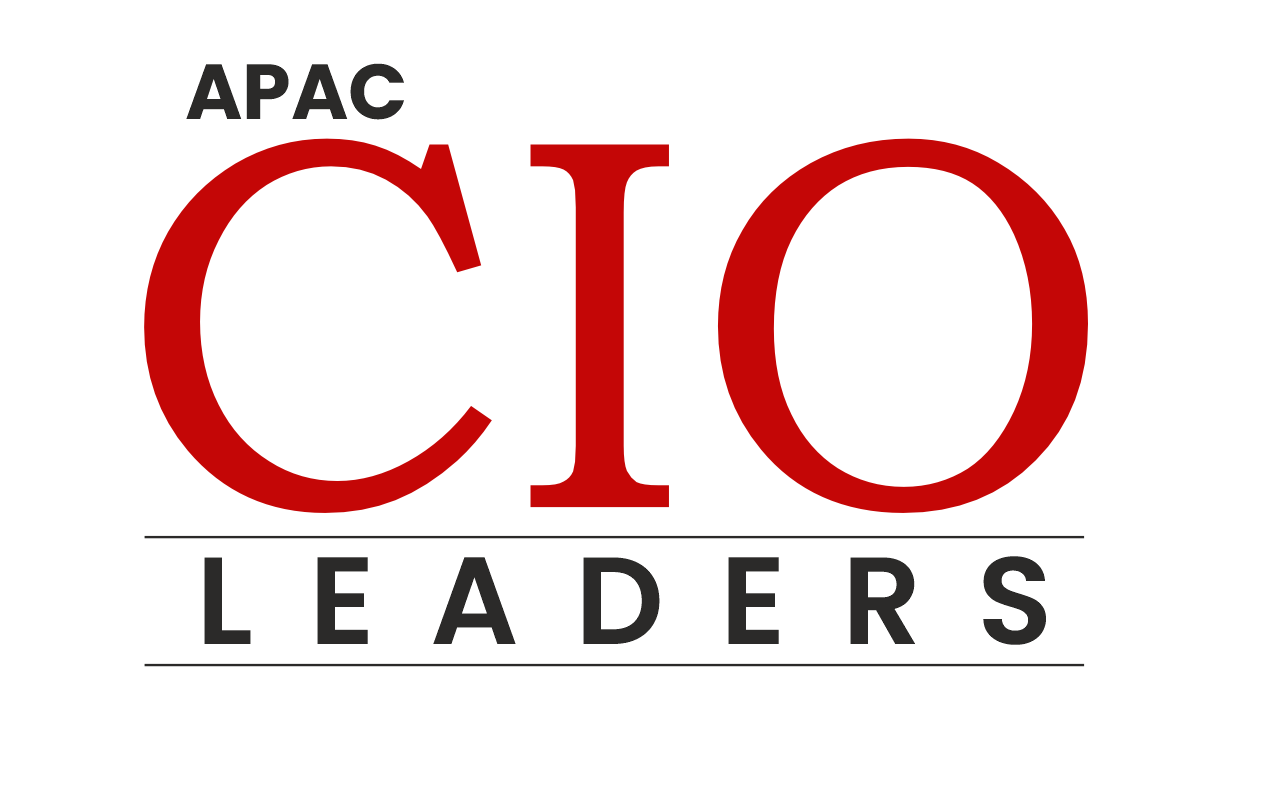As per 21st-century trends, traditional leadership approaches fall short in navigating today’s complex workplace terrain. Global, technological, and societal changes necessitate a reimagining of leadership, emphasizing human-centric principles, adaptability, emotional intelligence, and purpose-driven strategies.
So, without any further delay, let’s get into the details to understand what redefines leadership in the modern workplace!
Embracing Human-Centric Leadership
Embracing human-centric leadership is about prioritizing people in the workplace. It means seeing employees not just as workers, but as individuals with their own unique experiences, perspectives, and needs. This approach values diversity and inclusivity, recognizing and respecting everyone’s differences.
In simpler terms, it’s like being a good friend or a supportive family member to your team. You listen to their concerns, offer help when needed, and celebrate their achievements. Building trust and respect forms the bedrock of human-centric leadership, fostering strong and meaningful relationships within the organization.
As Simon Sinek aptly said, “Leadership is not about being in charge. It’s about taking care of those in your charge.” This quote captures the essence of human-centric leadership—it’s about nurturing and supporting your team members rather than just giving orders.
By embracing human-centric leadership, organizations can create an inclusive, valued workplace, boosting productivity, loyalty, and reducing burnout for mutual success.
Adapting to Change
Adapting to change means being flexible and open-minded when things around us are shifting. It’s like being a tree that bends with the wind instead of resisting it. In the workplace, it involves being ready to adjust our plans or ways of doing things when circumstances demand it.
For example: Imagine you’re on a road trip, and suddenly, there’s construction blocking your usual route. Adapting to change means finding an alternate path to reach your destination instead of getting stuck or frustrated. Similarly, in the workplace, it might mean embracing new technologies, processes, or ways of working to stay ahead.
Being adaptable also means being able to learn and grow from new experiences. Just like how we learn from trying new foods or exploring new places, adapting to change in the workplace can help us develop new skills and perspectives that make us better at what we do.
So, in simple terms, adapting to change is about being flexible, open to new ideas, and ready to learn and grow in a dynamic environment. It’s about being like that tree, bending gracefully with the winds of change, rather than resisting and risking being broken by them.
Harnessing Emotional Intelligence
Harnessing emotional intelligence involves understanding and managing both our own emotions and those of others. It’s like having a superpower that helps us navigate life’s ups and downs with grace and empathy. By being aware of our feelings and choosing how to respond thoughtfully, we can build stronger relationships and communicate more effectively.
This skill also allows us to connect with others on a deeper level, showing empathy and compassion in our interactions. When we understand how others are feeling, we can respond with kindness and support, fostering trust and building strong bonds. Whether it’s comforting a friend in need or resolving conflicts in the workplace, emotional intelligence helps us navigate social situations with ease.
Ultimately, harnessing emotional intelligence improves our personal relationships, enhances our professional success, and contributes to our overall well-being. It’s a valuable skill that empowers us to navigate life’s challenges with resilience and empathy, making the world a better place for ourselves and those around us.
Inspiring with Purpose
Inspiring with purpose is about leading others by sharing a clear and meaningful vision that resonates with their values and aspirations. It’s like being a guiding light, illuminating the path forward and igniting passion and enthusiasm within your team.
When leaders inspire with purpose, they connect their vision to the broader goals and objectives of the organization, showing how each individual’s contributions contribute to the greater good. This sense of purpose instills a sense of meaning and fulfillment in the work, motivating team members to give their best efforts.
Ultimately, inspiring with purpose is about more than just achieving goals; it’s about creating a sense of shared mission and driving positive change. By aligning their vision with the values and aspirations of their team, leaders can inspire collective action and unleash the full potential of their organization.
Rethinking Leadership Development
Rethinking leadership development means approaching the process of grooming leaders in a whole new light. It’s like upgrading from an outdated map to a GPS system that offers real-time guidance and adaptability.
Rather than sticking to traditional training methods, organizations are recognizing the value of a more comprehensive approach. This involves providing diverse learning experiences, such as mentorship programs, coaching sessions, and hands-on learning opportunities, to help leaders evolve and excel in their roles.
By applying this reimagined approach to leadership development, organizations can better prepare their leaders to thrive in today’s fast-paced and ever-changing environment. This may entail focusing on cultivating skills like emotional intelligence, adaptability, and human-centric leadership, ensuring that leaders are equipped to lead with empathy, flexibility, and purpose.
In short, rethinking leadership development is about investing in the future success of both individuals and the organization. By empowering leaders with the tools and support they need to continuously learn and grow, organizations can foster a culture of innovation, collaboration, and excellence, driving sustainable success in the long run.
In conclusion, the evolution of leadership is imperative in today’s rapidly changing workplace. It’s not just a luxury but a necessity for organizations to thrive amidst constant change. By adopting human-centric principles, fostering adaptability, nurturing emotional intelligence, and leading with purpose, organizations can equip their leaders to navigate the complexities of the 21st century successfully. This transformation isn’t solely about achieving outcomes but about inspiring and empowering others to excel. It’s about creating a culture where individuals are valued, differences are celebrated, and collaboration is encouraged. As organizations adapt their leadership approaches to this new model, they lay the foundation for sustainable success and pave the way for a future where leadership is synonymous with compassion, resilience, and collective growth.

